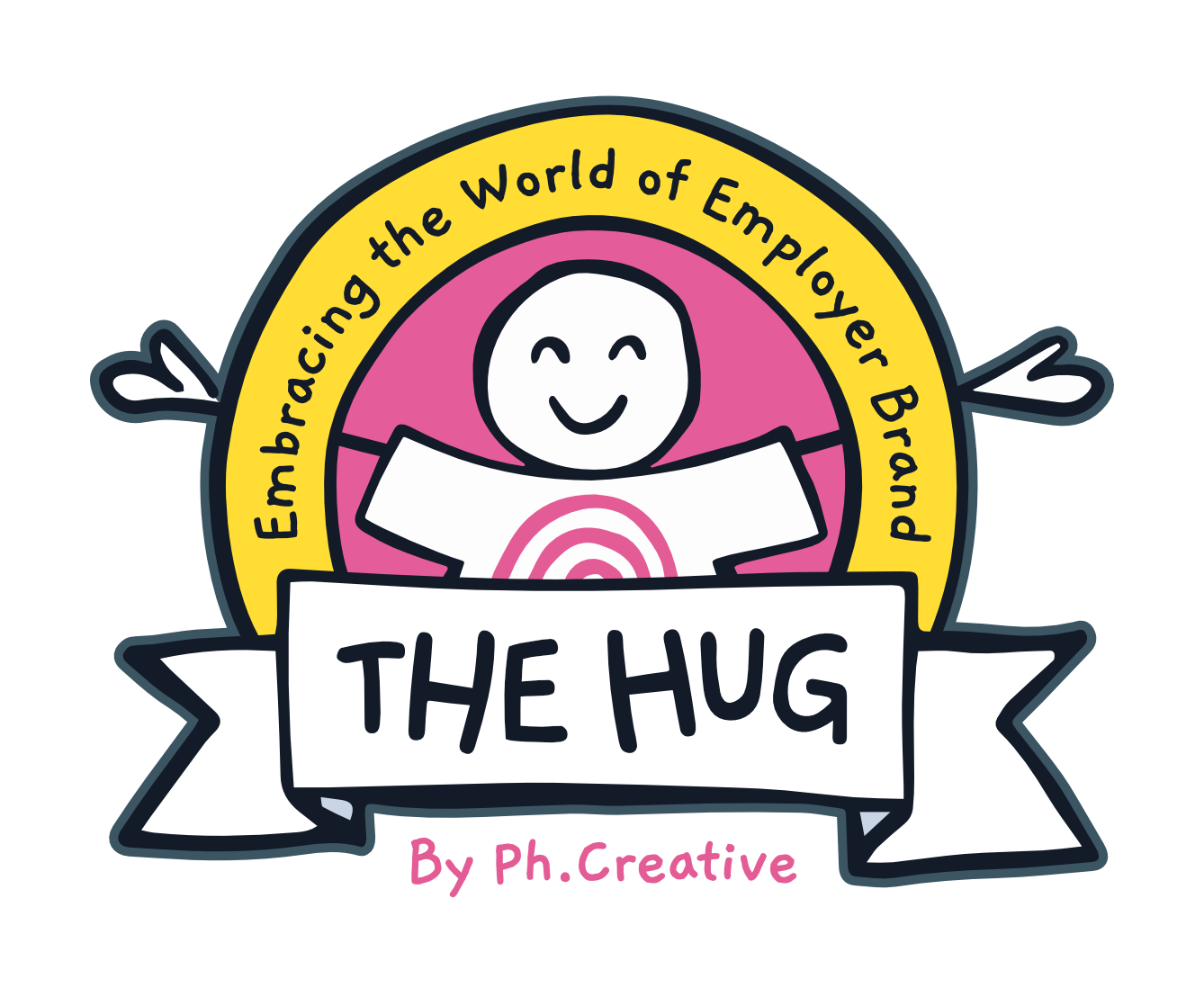Mind Your Language: How Language Learning Can Boost Productivity
Encouraging employees to learn a new language could help to better communicate your company values and boost work ethic...
Language learning apps and services are all the rage right now, making it increasingly easy to integrate them into your employee value proposition.
Companies including Microsoft, Amazon and Vodafone have sought to make their workforces increasingly multilingual through language training from the likes of Rosetta Stone and Duolingo. Each provider offers dedicated corporate platforms to provide client companies with increased control and statistics on employee usage.
Such a job perk speaks on multiple different levels, each of which can be conveyed in brand messaging.
In recent years, there has been an increased focus on upskilling in the workplace, with the professional services network PwC reporting that 77% of employees globally (and 62% in the UK) are keen to learn new skills to increase their employability in future. Learning a new language can form part of an upskilling initiative, increasing an employee’s sense of fulfilment whilst offering skills that could improve career options.
Businesses are also looking to increase their social responsibility and eager to improve diversity and representation of other cultures, bolstered by remote working that means that employees can work from anywhere in the world.
Linguistic diversity could broaden the appeal of a company in all sorts of ways, particularly with some of the less widely-spoken languages, and TA leaders can lean into this by indicating a welcoming environment where their minority language is recognised and appreciated.
Language services could also be paired with refugee programs, with companies such as Walmart and Starbucks actively hiring refugees. Language services can help refugees to speed up the process of learning the mother tongue of their new country, furthering a company’s representation as one that helps all of its employees to grow and thrive.
Language Learning Can Increase Productivity
“We believe that learning languages is a tool of empowerment,” suggested Catalina Schveninger, Global Head of Learning & Capabilities at Vodafone, in an interview with Rosetta Stone which discussed how employees have overcome language barriers in the workplace to work more effectively and collaboratively.
“At Vodafone, we believe that one of the elements of brand differentiation is to have a learn-a-lot culture,” Schveninger added. “We do that by providing learning or relevant skills, or what we call agility skills.”
General Motors was similarly enthusiastic about the ability of language learning to emphasise brand pillars and aid employee retention, as well as improving productivity. A survey of its employees suggested that 92 per cent of learners believed that they saw improvements in their job performance as a result of their linguistic activities, while 81 per cent felt that it had helped them to save an hour or more a week in lost productivity.
At first glance, language acquisition and increased productivity may seem entirely unrelated, but there is evidence to give this credence. University College London found that bilingualism aided ‘executive control’, our cognitive ability to regulate our attention that helps us to disregard irrelevant stimuli and increase our flexibility to switch between tasks. Other benefits include being a better listener and a better problem solver.
Communicating Your Communicability
Elsewhere, a report from fashion brand Stella McCartney suggested that it chose to add online language training to its employee offering because it:
- Increased employee retention and loyalty
- Helped cross-functional and international communication
- Enabled relationship building, both internally and externally
- Supported professional and personal development
- Enhanced customer relationships in stores.
All of these speak in glowing terms about the ability of language tools to aid an employer brand, about what it can mean for an employee on a personal level and what it can mean for a business in some of the more unexpected facets of its branding.
On that basis, it wouldn’t be surprising to see more companies say yes (or ja, oui, si, whatever) to language learning in the workplace.
Sign up to our blog

Every other Thursday we share:
✔ One feature full of our freshest insights
✔ An expert hack you'll love to use
✔ The links you need now
+ other helpful bits for thousands of EB and TA pros just like you